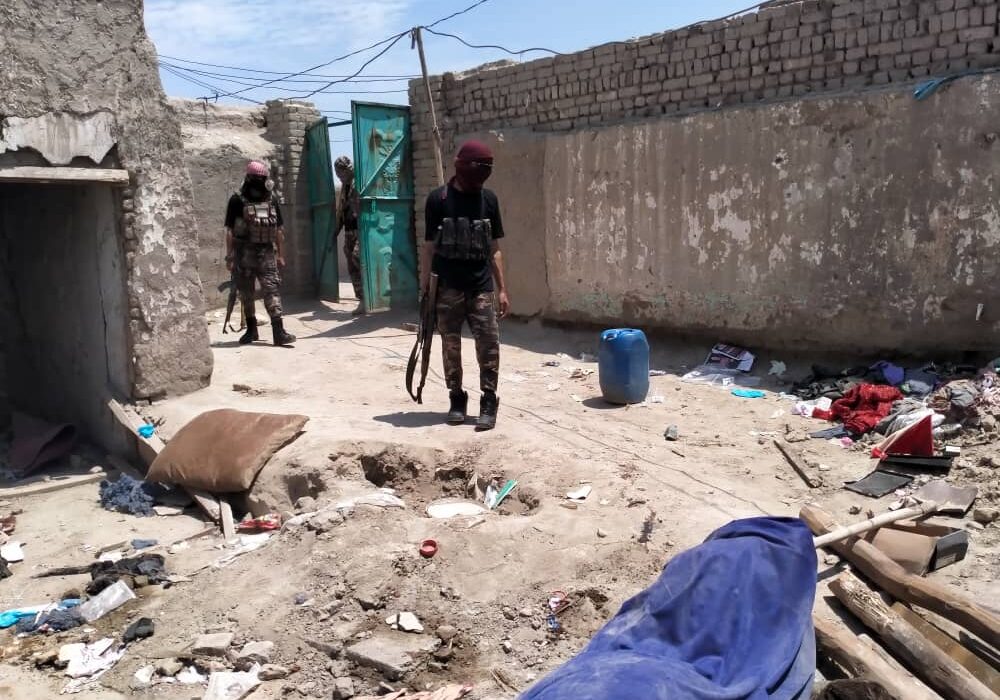According to a recent United Nations report, Daesh, also known as ISIL-K, has implemented a more “inclusive recruitment” strategy in Afghanistan, targeting “disillusioned” Taliban members and foreign fighters. The report was part of the Secretary-General’s eighteenth assessment on the threat posed by Daesh to international peace and security.
The report noted that ISIL-K attacks have decreased due to counter-terrorism efforts by the Taliban, who claimed to have defeated the group. However, terrorist activities persist, indicating ongoing threats.
The Taliban’s internal divisions over dealing with ISIL-K and sympathetic communities have reportedly exacerbated the situation. ISIL-K has notably increased its appeal within Tajik networks. For instance, Khukumatov Shamil Dodihudoevich, an ISIL-K Telegram channel moderator, has become one of the group’s key propagandists and recruiters.
Exploiting grievances from Taliban constraints, ISIL-K has recruited members of the Eastern Turkistan Islamic Movement (ETIM/TIP) in Afghanistan, some of whom had reportedly defected to ISIL-K.
The report also revealed that several Jamaat Ansarullah commanders have joined ISIL-K in Nangarhar and Kunar provinces. Sanaullah Ghafari, believed to be located in Kunar Province, continues to lead ISIL-K despite being targeted in an attack.
The decrease in ISIL-K attacks in Afghanistan reflects both the impact of Taliban counter-terrorism and a strategic shift by the group. The recruitment of Afghans for ISIL-K operations has been substantial.
On Aug. 3, Daesh announced Abu Hafs al-Hashimi al-Qurashi as its new leader. Member States have observed that leadership attrition and security challenges might shift Daesh’s core away from Iraq and Syria, with Africa and Afghanistan as potential locations for a new leader.
Member States expressed concerns about weapon proliferation in Afghanistan, the Middle East, and Africa, particularly the increased use of unmanned aircraft systems and improvised explosive devices by Daesh. ISIL-K reportedly continues to seek and obtain weapons from Tehrik-e Taliban Pakistan.
Concerns were raised about individuals from the North Caucasus and Central Asia traveling from Afghanistan or Ukraine towards Western Europe, presenting opportunities for ISIL-K to conduct attacks in Western countries. Several operational plots in European States, planned or conducted by ISIL-K, have been noted.
In Germany, arrests were made of individuals linked to ISIL-K planning terrorist attacks, highlighting the ongoing threat posed by the group.
Despite a decrease in ISIL-K attacks and territorial losses, Member States still consider the group a significant threat within Afghanistan and beyond.
Taliban spokesman Zabihullah Mujahid, responding to the report, claimed on Taliban-controlled national TV that Daesh has been “completely suppressed” in Afghanistan.





